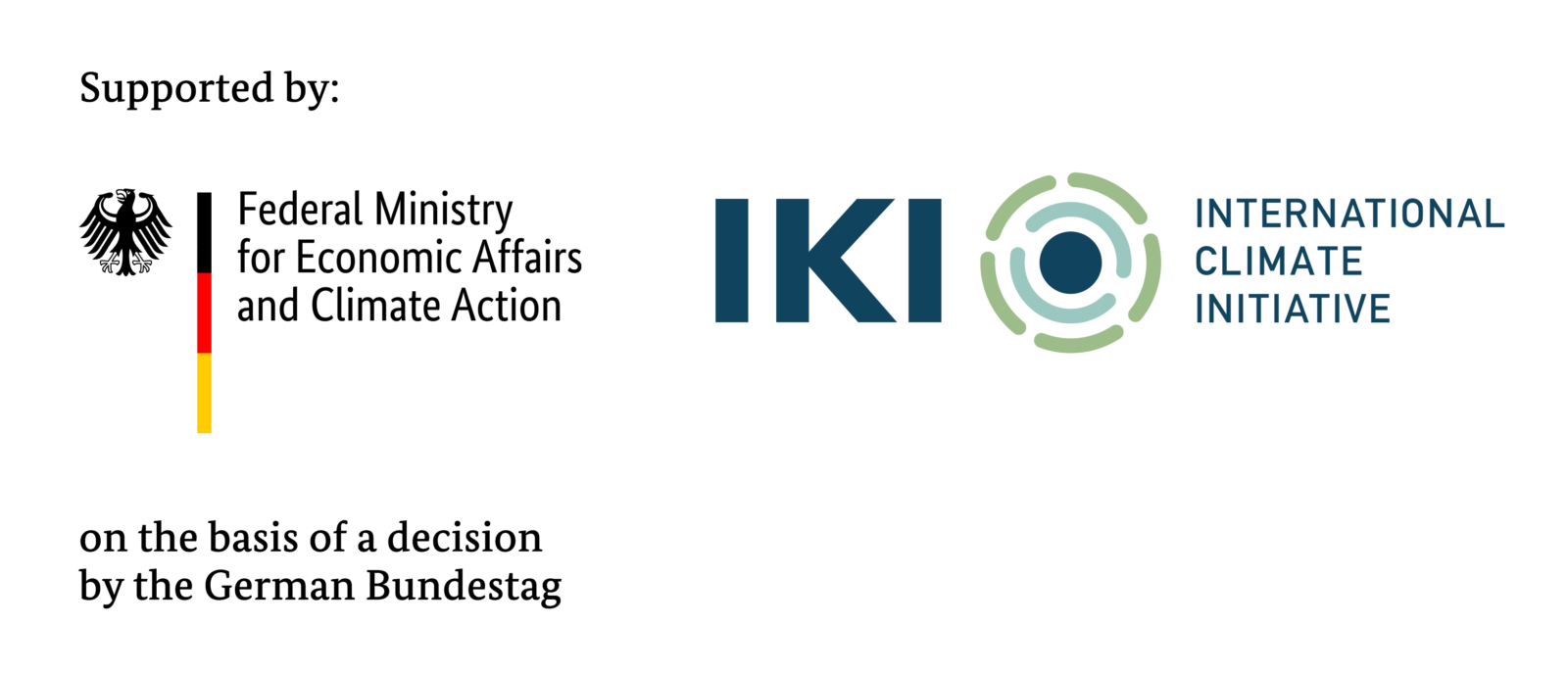The Morgenstadt Global Smart Cities Initiative (MGI) contributes to a low-emission, environmentally conscious and innovative urban development of the project cities Kochi (India), Saltillo (Mexico) and Piura (Peru) as well as to the achievement of International Sustainability Goals (especially UN Sustainable Development Goal 11: Sustainable Cities and Communities (SDG 11)).
2019

02 / City Lab
The City Lab methodology allows to create a detailed sustainability profile of each Pilot City in close collaboration with local stakeholders. It provides understanding on the main challenges of the cities and helps them to define a roadmap with innovative project ideas to make the Pilot City more sustainable and resilient to climate change.
Read More
Read More
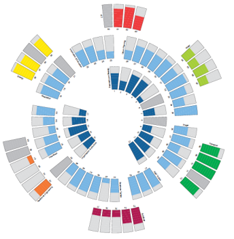
03 / City Profile
Detailed sustainability profiles developed in the City Labs for each pilot city.
Read More
Read More
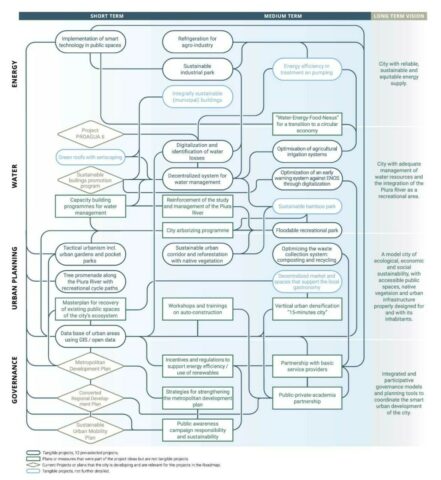
04 / Strategy Roadmap
A portfolio of projects that address the identified challenges, building on the available opportunities in the city. The goal is to boost sustainable development in different sectors on the medium and long-term.
Read More
Read More
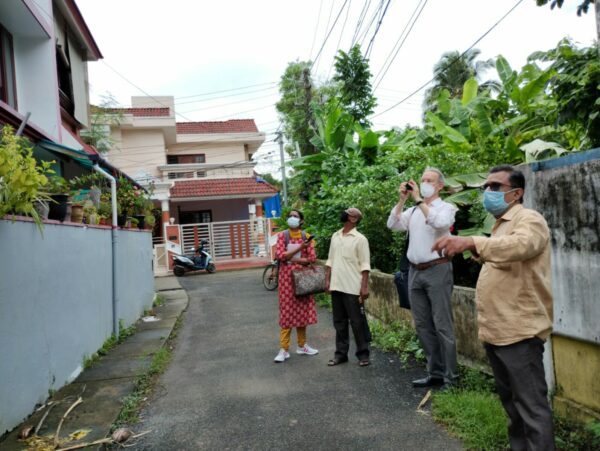
05 / Study visit
Members of the MGI team visit the pilot cities during the pilot project design phase to discuss matters with the local team, implementation partners, stakeholders, and the local communities.
Read More
Read More
2023
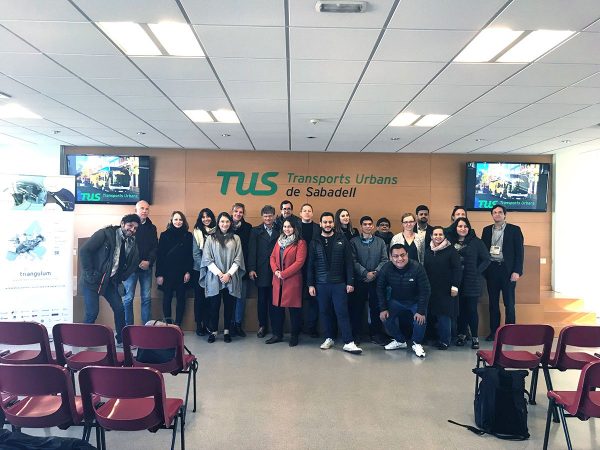
01 / Kick-off Event
On the 18th of November 2019 the official Kick-Off Event with representatives of the three pilot cities, partners from the Morgenstadt Network and external experts as well as experts from the Fraunhofer Gesellschaft took place in Barcelona.
Read More
Read More
2020
2021
2022
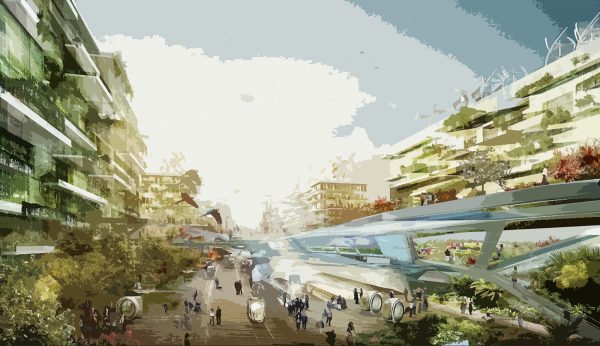
06 / Implementation
For each pilot city, one pilot project of the roadmap is selected for the implementation and financed by MGI resources.
Read More
Read More
Mission statements + goals
Climate change poses a global challenge that can only be tackled through international cooperation. MGI’s primary objective is to mitigate the consequences of climate change in the pilot cities, to increase their resilience towards climate risks and to ensure the preservation of their natural resources.
The close international cooperation with partners from research, economy and politics, the exchange of knowledge and experience between the pilot cities as well as the expertise of the Morgenstadt Network are therefore the key to success.
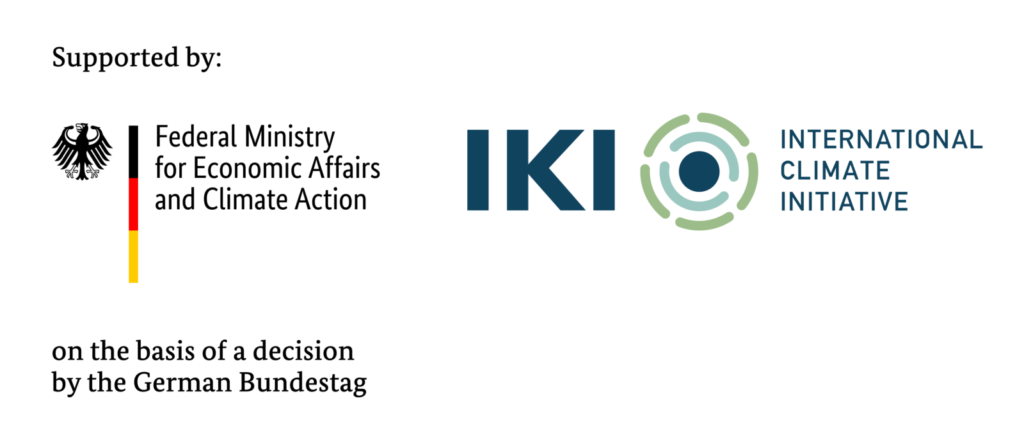
International Climate Initiative
The MGI is funded by the International Climate Initiative (IKI). As the central funding instrument for climate and biodiversity projects of the Federal Ministry for Economic Affairs and Climate Action (BMWK), since 2008 the IKI has been financing projects with a focus on contributing to climate protection, adapting to the impacts of climate change and protecting biological diversity.

The City Lab
For each of MGI’s pilot cities, the transformation path starts with the City Lab, which was developed by the Morgenstadt Initiative and consists of an in-depth analysis of the respective city. For this purpose, researchers develop a city profile in terms of sustainability, conducting on-site visits, meetings and workshops in collaboration with important local actors over the course of several weeks. The profile presents strengths, weaknesses and areas of need of the urban system and identifies potentials, opportunities and risks based on three levels of analysis:
Performance Indicators: what is the current status of the sustainability performance?
Action Fields: how is the city currently coping with sustainability requirements?
Impact Factors: why do some strategies work and others do not?
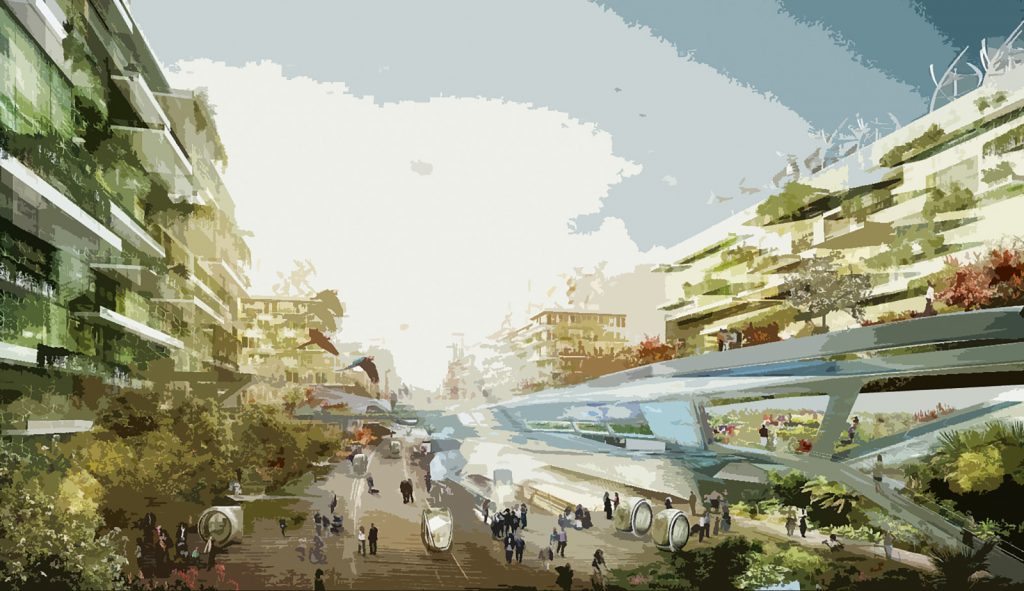
Implementation and Results
The Morgenstadt framework is adapted to the specific impact factors of each city in order to create a comprehensive sustainability profile. An important aspect is the identification of key local stakeholders and the integration of the process into local policy making.
Based on the data analysis and in co-operation with local stakeholders, a strategic roadmap is developed, according to which innovative measures and projects are devised and their implementation and financing initiated.
Capacity building and knowledge management benefit from the expertise and experience of the Morgenstadt Network with more than 40 partners from business, research and local authorities as well as the access to Morgenstadt tools
Partners
The project has nine partners representing the local and national government, academia, research, and technology sectors.
Coordination
University of Stuttgart IAT in cooperation with Fraunhofer IAO
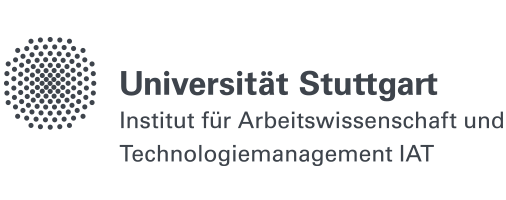
University of Stuttgart IAT in cooperation with Fraunhofer IAO
Project Coordinator
M. Sc. Catalina Díaz
Institute of Human Factors and Technology Management (IAT) of the University of Stuttgart
Deputy Project Coordinator
M. Sc. Trinidad Fernandez
Fraunhofer Institute for Industrial Engineering IAO
Implementing Partners

Fraunhofer Institute for Industrial Engineering IAO, Coordination Piura

Fraunhofer Institute for Building Physics IBP

Fraunhofer Institute for Interfacial Engineering and Biotechnology IGB, Coordination Kochi

Fraunhofer Institute for Solar Energy Systems ISE

Fraunhofer Institute for Systems and Innovation Research ISI, Coordination Saltillo

National Institute of Urban Affairs (NIUA), India
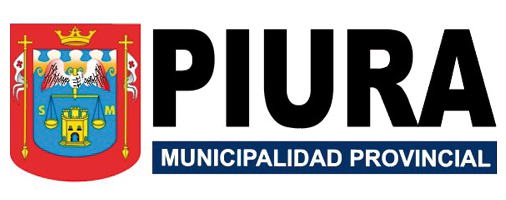
Municipality of Piura, Peru
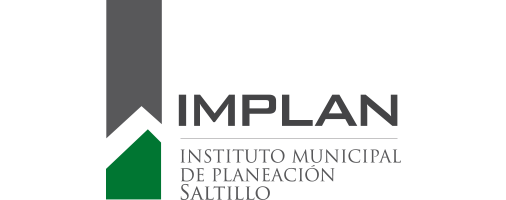
Saltillo Municipal Institute of Planning (IMPLAN), Mexico

University of Piura (UDEP), Peru
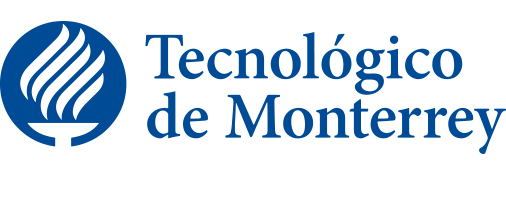
Monterrey Institute of Technology and Higher Education (ITESM), Mexico

Frankfurt School of Finance and Management (FSFM), Germany
The project also receives political support from important actors on the local level, these are

Education for Sustainable Development (ESD) Expert Network, Mexican Office, Mexiko

Municipality of Saltillo, Mexico

Senate of the Republic of the United Mexican States, Climate Change Commission, Mexico

Ministry of the Environment (MINAM), General Directorate of Climate Change and Desertification, Peru


